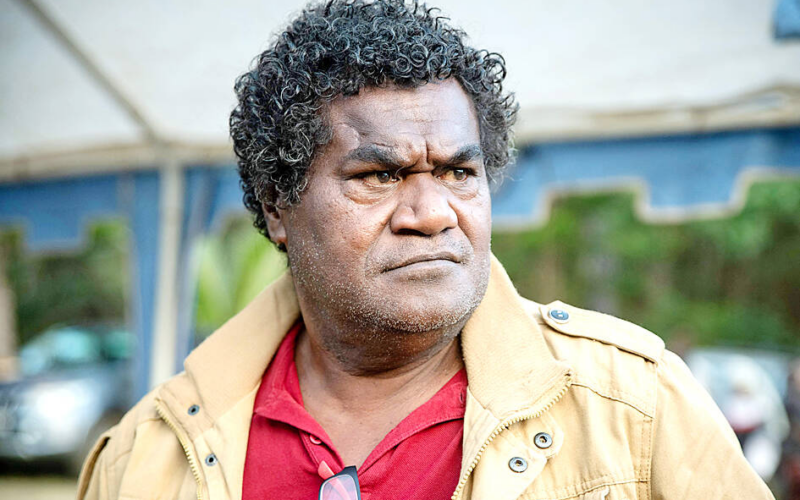Christian Tein, a pro-independence leader in New Caledonia, has been charged in connection with violent riots that erupted in the French Pacific territory last month. Tein, who leads the “Field Action Coordination Cell” (CCAT), was arrested on Wednesday along with several others. The CCAT is accused of organizing the protests that escalated into deadly violence.
The riots, which began in mid-May, resulted in the deaths of nine people, including two police officers, and left hundreds injured. The unrest involved widespread looting and arson, gripping the archipelago and leading to significant disruption.
The violence was triggered by controversial electoral reforms proposed by French President Emmanuel Macron. The proposed changes aimed to extend voting rights to individuals who have resided in New Caledonia for at least 10 years. This proposal sparked outrage among some members of the indigenous Kanak community, who feared it would dilute their political influence and impact any future independence referendums.
Tein was charged with “organized crime” offenses, according to Nouméa Chief Prosecutor Yves Dupas. While 11 people were arrested in connection with the violence, Tein is currently the only one facing specific charges. Among those arrested was CCAT communications chief Brenda Wanabo. Thomas Gruet, Wanabo’s lawyer, expressed his client’s shock, stating that she viewed herself solely as an activist.
French Interior Minister Gerald Darmanin labeled the CCAT a “mafia-style organization,” but the group has denied responsibility for the riots, asserting that it is not to blame for the unrest.
In response to the riots, France deployed approximately 3,500 security personnel to restore order. The violence forced the temporary closure of Nouméa’s international airport and led to heightened security across the territory.
Currently, voting in New Caledonia is restricted to indigenous Kanaks and those who arrived from France before 1998. The proposed reforms, if enacted, would allow more French residents, including those who have been in New Caledonia for at least 10 years, to vote. This extension of voting rights caused significant concern among the Kanak community, who worried about the potential erosion of their political power.
On June 13, President Macron suspended the bill proposing the electoral reforms amid the escalating unrest. New Caledonia, colonized by France in 1853 and designated an overseas territory in 1946, has a population of about 300,000, including approximately 112,000 Kanaks.
The charges against Tein and the broader implications of the proposed electoral changes continue to be a significant issue in New Caledonia’s complex relationship with France.








